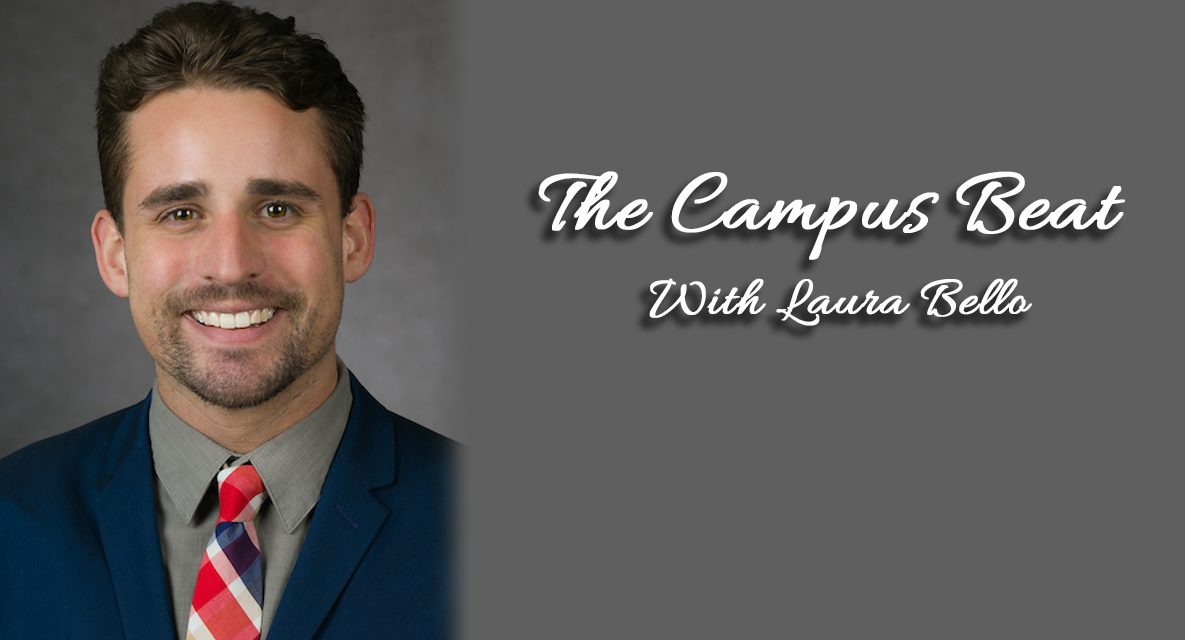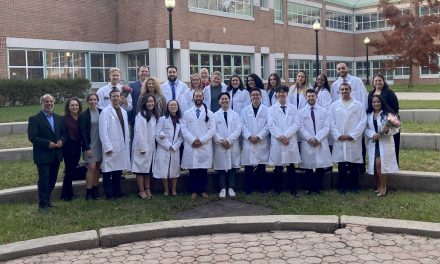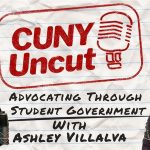I recently attended a brief lecture at CSI, “Life after College,” sponsored by the Office of Student Life. The event covered the basics of paying for college and budgeting for the future. Even as a senior, I can’t say I’m the most financially literate. I was happy to meet with Tyler McLoughlin, the Associate Director of Student Life, who gave a quick rundown of the fundamentals. Starting with the difference between public and private loans before moving to loan forgiveness, the freshmen attendees and I were given the basics of refinancing student loans with an eye toward the future by getting an idea of how much rent will cost depending on where you live. I also got a rough explanation of taxes—about 35% of your income—to keep in mind when I’m earning a salary. Using this knowledge, we did an exercise where we chose a hypothetical job and city to live in and using a cost of living calculator, we figured out what kind of salary we’d earn and what kind of rent we’d expect to pay, after taxes leaving the remaining money for our budgets.
This might seem like “common knowledge” to some, but college is often the last step to get ready before entering the real world, and everyone gets ready at their own pace. I highly recommend seeking out McLoughlin in the Campus Center for any questions you might have about your finances.
I interviewed McLoughlin after the lecture and asked him what he wanted to be the most important takeaway for life after college. He said, “I think the most important thing for students to be thinking about after college is ‘How do I live? How do I afford groceries? How do I budget properly?’”
With the struggles of enrollment, keeping good academic standing, and juggling student loans, these questions can easily fall by the wayside, especially if you’re still living at home during college.
Echoing students’ concerns, McLoughlin says, “Where do I start from? What’s my starting point for my budget, and then let’s work from there.”
The previous exercise I did with the group of students during the lecture really opened my eyes on how to find this starting point. I, and I’m sure many, many, other students, have a lot to learn about finances after we graduate. Some lessons will have to be learned the hard way, but while we’re still in college, we should try to learn as much as we can. That’s what we’re here for, after all.
By Laura Bello





![[video] CSI Geologist Analyzes Staten Island’s “Rocky” Past and Future on NatGeo TV’s Prestigious “Known Universe” Series](https://csitoday.com/wp-content/themes/Extra/images/post-format-thumb-text.svg)










